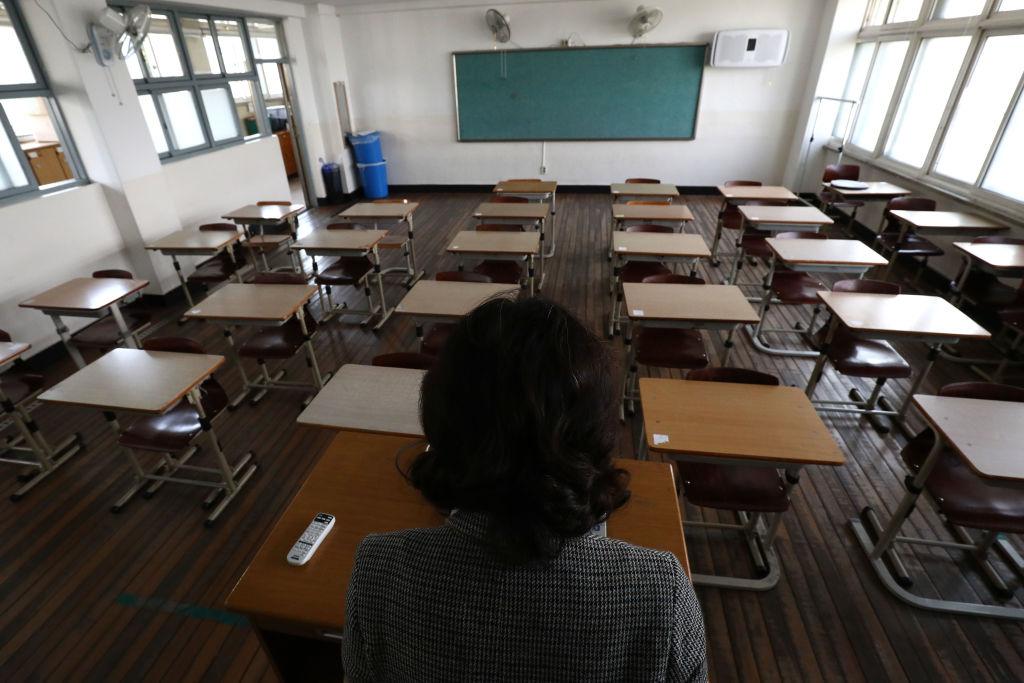The mental health of Victorian children and teens, a low-risk age group for COVID-19, is suffering after being forced into the fourth lockdown in 12 months, with attempted self-harm and suicide rates surging.
Kids Helpline, a national 24/7 confidential support and counselling service for 5 to 25-year-olds, revealed that the attempted suicide rate of Victorian teenagers shot up by 184 percent in the past six months.





